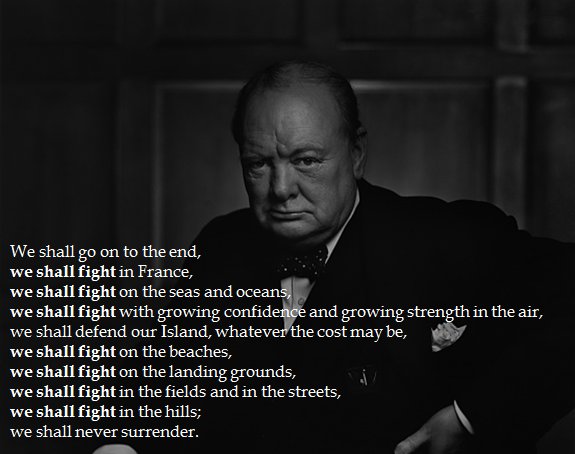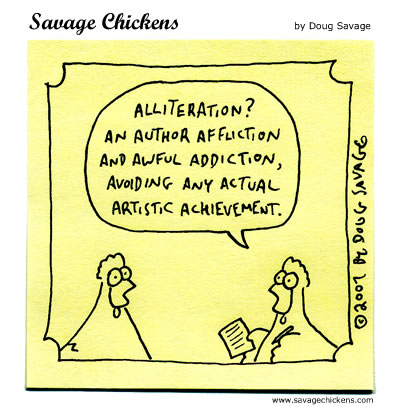The Second
Coming
by William Butler Yeats
Three Horse Operas by Robert Polito
Turning and turning in the widening gyre
The falcon cannot hear the falconer;
Things fall apart; the centre cannot hold;
Mere anarchy is loosed upon the world,
The blood-dimmed tide is loosed, and everywhere
The ceremony of innocence is drowned;
The best lack all conviction, while the worst
Are full of passionate intensity.
Surely some revelation is at hand;
Surely the Second Coming is at hand.
The Second Coming! Hardly are those words out
When a vast image out of Spiritus Mundi
Troubles my sight: somewhere in sands of the desert
A shape with lion body and the head of a man,
A gaze blank and pitiless as the sun,
Is moving its slow thighs, while all about it
Reel shadows of the indignant desert birds.
The darkness drops again; but now I know
That twenty centuries of stony sleep
Were vexed to nightmare by a rocking cradle,
And what rough beast, its hour come round at last,
Slouches towards Bethlehem to be born?
This printing of the poem has a page break between lines
17 and 18 making the stanza division unclear. Following
the two most similar drafts given in the Parkinson and
Brannen edited edition of the manuscripts, I have put a
stanza break there. (Interestingly, both of those drafts
have thirty centuries instead of twenty.) The earlier drafts
also have references to the French and Irish Revolutions
as well as to Germany and Russia.
Several of the lines in the version above differ from those
found in subsequent versions. In listing it as one of the
hundred most anthologized poems in the English
language, the text given by Harmon (1998) has changes
including: line 13 (": somewhere in sands of the desert"),
line 17 ("Reel" instead of "Wind"), and no break
between the second and third stanza.
http://www.potw.org/archive/potw351.html
Do not go gentle into that good night
By Dylan Thomas
Do not go gentle into that good night,
Old age should burn and rave at close of day;
Rage, rage against the dying of the light.
Though wise men at their end know dark is right,
Because their words had forked no lightning they
Do not go gentle into that good night.
Good men, the last wave by, crying how bright
Their frail deeds might have danced in a green bay,
Rage, rage against the dying of the light.
Wild men who caught and sang the sun in flight,
And learn, too late, they grieved it on its way,
Do not go gentle into that good night.
Grave men, near death, who see with blinding sight
Blind eyes could blaze like meteors and be gay,
Rage, rage against the dying of the light.
And you, my father, there on the sad height,
Curse, bless, me now with your fierce tears, I pray,
Do not go gentle into that good night.
Rage, rage against the dying of the light.
The poem “Do Not Go Gentle into That Good Night”, by Dylan Thomas is a son’s plea to a dying father. His purpose is to show his father that all men face the same end, but they fight for life, nonetheless. “Old age should burn and rave at close of day,” (line 2) is almost the thesis for this poem. Thomas classifies men into four different categories to persuade his father to realize that no matter the life choices, consequences, or personalities, there is a reason to live. It is possible that Thomas uses these categories to give his father no excuses, regardless of what he did in life.
http://jngtr2.hubpages.com/hub/An-analysis-of-Do-Not-Go-Gentle-into-That-Good-Night-by-Dylan-Thomas
Meeting at Night
by Robert Browning
The grey sea and the long black land;
And the yellow half-moon large and low;
And the startled little waves that leap
In fiery ringlets from their sleep,
As I gain the cove with pushing prow,
And quench its speed i' the slushy sand.
Then a mile of warm sea-scented beach;
Three fields to cross till a farm appears;
A tap at the pane, the quick sharp scratch
And blue spurt of a lighted match,
And a voice less loud, thro' its joys and fears,
Than the two hearts beating each to each!
Three Horse Operas
by Robert Polito
At the end of Bing Crosby’s Riding High his horse
Will be buried in the clay of the racetrack where he fell,
As a lesson for all of us. Sad, waggish Bing,
The Mob didn’t want Broadway Bill to win, so the jockey
Pulled on the reins until the thoroughbred, straining
Over the finish line first, collapsed, heart attack.
I loved you like a guitar string breaking
Under the conviction of a clumsy hand—
Something like that . . . I suppose I must have
Been thinking of you and your complex and beautiful band,
Except the image demands I hold the guitar,
If not you, and the broken string, as
Over and over loudspeakers call riders to the starting gate.
The track bartender and a teller, a sharpshooter and the chess master
Wrestler, the petty con man and a cop, reprise their parts.
The heist gang dons clown masks, and
Sherry will betray George, and Johnny can’t love Fay,
And the fortune in the suitcase just blows away.
This poem is telling us about the process of a relationship. When someone could not find his love, he would feel so lonely in life. Robert Browning represented it with the phrase “the grey sea and the long black land”. Love can be aimed to someone or dream. Then, to be able to reach his love, he passed trough many challenges and restrictions. However, he did it happily since he has a big optimistic. After all the hassles, he succeed to find what he’s been looking for. The loneliness then is gone and turned into brightness (“And blue spurt of a lighted match”). Finally, he got what he had been dreaming about.
http://big0karina0in0her0little0world.wordpress.com/2009/11/14/short-analysis-of-robert-brownings-meeting-at-night/
A Valediction: Forbidding Mourning
by John Donne
As virtuous men pass mildly away,
And whisper to their souls to go,
Whilst some of their sad friends do say
The breath goes now, and some say, No:
So let us melt, and make no noise,
No tear-floods, nor sigh-tempests move;
'Twere profanation of our joys
To tell the laity our love.
Moving of th' earth brings harms and fears,
Men reckon what it did, and meant;
But trepidation of the spheres,
Though greater far, is innocent.
Dull sublunary lovers' love
(Whose soul is sense) cannot admit
Absence, because it doth remove
Those things which elemented it.
But we by a love so much refined,
That our selves know not what it is,
Inter-assured of the mind,
Care less, eyes, lips, and hands to miss.
Our two souls therefore, which are one,
Though I must go, endure not yet
A breach, but an expansion,
Like gold to airy thinness beat.
If they be two, they are two so
As stiff twin compasses are two;
Thy soul, the fixed foot, makes no show
To move, but doth, if the other do.
And though it in the center sit,
Yet when the other far doth roam,
It leans and hearkens after it,
And grows erect, as that comes home.
Such wilt thou be to me, who must,
Like th' other foot, obliquely run;
Thy firmness makes my circle just,
And makes me end where I begun.
Do
Not Go Gentle into That Good Night
A valediction is a farewell message. Since the title forbids his wife from sorrowing over their separation, the poet decides to present reasons why his embassy to France will not occasion grief or anxiety. He accomplishes this through a series of conceits - similes and strikingly unusual metaphors.
http://www.helium.com/items/1155811-analysis-of-john-donnes-poem-a-valediction-forbidding-mourning
Those Winter Sundays
By Robert Hayen
Sundays too my father got up early
and put his clothes on in the blue black cold,
then with cracked hands that ached
from labor in the weekday weather made
banked fires blaze. No one ever thanked him.
I’d wake and hear the cold splintering, breaking.
When the rooms were warm, he’d call,
and slowly I would rise and dress,
fearing the chronic angers of that house,
Speaking indifferently to him,
who had driven out the cold
and polished my good shoes as well.
What did I know, what did I know
of love’s austere and lonely offices?
Robert Hayden's tribute to his foster father demonstrate the effectiveness of understatement, brevity and artful imagery. Mingled with respectful memories of the father figure is his realization of the ingratitude that commonly accompanies youth. He is ashamed of having taken for granted the self-sacrificing duties routinely performed morning after morning by his hard-working and undemonstrative parent.
http://www.helium.com/items/1145833-analysis-of-robert-haydens-those-winter-sundays

.jpg)




.JPG)




















